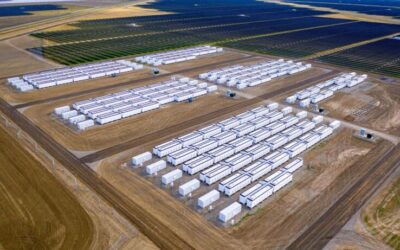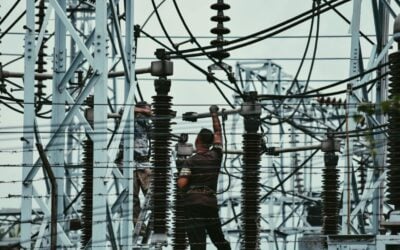SolarCity looks likely to resume its programme of deploying residential energy storage systems in California, following a preliminary ruling by the state’s Public Utilities Commission (CPUC) appeared to rule in the company’s favour.
CPUC determined that utilities are not entitled to charge grid connection fees which SolarCity had called “arbitrary” and “punitive”. The decision remains subject to approval, with a final ruling expected “as early as” mid-May, according to Bloomberg Businessweek.
Following reports in the media that SolarCity had suspended the programme due to the charges, SolarCity head of communications Will Craven spoke to PV Tech and explained that the programme had not been curtailed or officially suspended. Instead, Craven said that faced with the charges, which he claimed impacted on the company’s business model, SolarCity was forced to stop putting in new applications for storage.
SolarCity co-founder and chief technology officer Peter Rive also wrote today in a post on the company’s blog that the role of putting storage on the grid could be played by utilities and grid operators. Rive wrote that while tensions did exist between solar companies and utilities, SolarCity worked “with them every day to connect our solar power systems”, before adding that there remains “potential for much greater synergy”. Rive said that this ‘synergy’ should be powered by batteries.
Try Premium for just $1
- Full premium access for the first month at only $1
- Converts to an annual rate after 30 days unless cancelled
- Cancel anytime during the trial period
Premium Benefits
- Expert industry analysis and interviews
- Digital access to PV Tech Power journal
- Exclusive event discounts
Or get the full Premium subscription right away
Or continue reading this article for free
Although it is possible in theory using storage batteries for PV system owners to go completely off-grid, according to Rive, “SolarCity has no interest in this scenario”. Rive argued that an electricity network should remain exactly that and that limits remain to what self-sufficient solar consumers could achieve in terms of integrating renewable sources of energy to the grid, along with other drawbacks.
Rive’s post discussed the potential benefits of grid operators and utilities controlling storage. Rive argued grid operators could respond quickly to high levels of solar penetration at peak times, for example. As well as providing economic benefits to parties providing services such as frequency regulation to grids, storage could also lower grid costs, Rive wrote.





